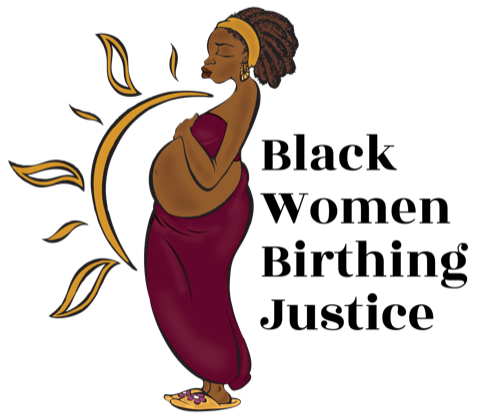Love Without Attachment: A Model of Breastfeeding Care for Communities of African Origin
Breastfeeding health is an integral component to developing a harmonious relationship between a mother and a newborn child. The Convention on the Rights of the Child adopted by the UN General Assembly in 1989, recognizes the importance of breastfeeding as an essential component of a child's right to optimal health and development. In Article 24, the Convention states:
2(f) Parties shall pursue full implementation of this right and, in particular, shall take appropriate measures….to ensure that all the segments of society, in particular parents and children are informed, have access to education and are supported in the use of basic knowledge of child health and nutrition, [and] the advantages of breastfeeding. (Convention on the Rights of the Child, 1989)
Despite this, breastfeeding is a topic that is rarely discussed openly in both mainstream and marginalized communities. Perhaps this is because it is taken for granted that a mother and child "should naturally" know how to start breastfeeding. Or perhaps the general silence can be attributed to the taboos related to discussing women’s health and breasts in particular. Lost in the silence are diverse groups of women and their families who confront multiple historical, physiological and cultural challenges that make breastfeeding both difficult and painful. These families require support to understand, cope with, and heal from these challenges.
In its current design, the Western patriarchal model of lactation care may in fact be more harmful then helpful to Black women. By using an individualistic lens, and by focusing solely on the mother and baby dyad, this model of care demands that the Black woman be Super Woman. Promoting breastfeeding without access to adequate support has contributed to mothers being unable to fulfill their nursing objectives. Consequently, mothers end up feeling like failures and believing that they afre maternally incompetent. This feeling of incompetency can have long-term psychological ramifications.
We need to replace this approach with a model of care that includes educating the extended family and the community on how to advocate for a child's' right to breastmilk. This conversation would involve educating them about how slavery and colonialism may have shaped their [mis]understanding of what is best for the child and mother. If not, children of African descent will continue to experience a significant amount of higher preventative medical interventions compared to their white counterparts due to the risks related to formula feeding. Without a concrete plan that takes into account the specific needs of our communities, those who will have access to and benefit from breastmilk will be educated white, middle- class, and in “traditional” heterosexual relationships.
When speaking of the Black community it is important to remember that it is composed of many sub-communities, ranging from those who were stolen from Africa, enslaved and brought to North America to those who, as a result of colonialism, are currently fleeing their African homes and families to build a new life as refugees in North America.
We know that enslaved women were not able to nurse their babies on demand because they were forced to work, and most notably the child became the property of the slave master. What does it mean to bring a Black child into this world, and love without attachment knowing that he/she can be taken away from the family at any given moment through state sanctioned violence?
Until white supremacy is dismantled to give space to other forms of governance, Black women are left feeling and fearing the violence that stems from being in a Black body. That state of alertness is constant and does not go away with pregnancy. In fact, for Black women, part of nest building in preparation for a new infant means grieving the fact that no matter how many precautions we take, we will be bringing into this world an innocent baby who will be dehumanized, feared and assaulted for no other reason other than being Black.
Therefore, I believe that we need to support Black moms to love without attachment. But how can we do this? How can we make them feel that preparing the Black child to be independent in this society, with all it’s ailments, starts by putting the baby skin-to-skin and nursing on demand, even as their immediate circle may scold them for “spoiling” the baby? How can we build a movement within the Black community so that we all come to believe that there is an alternative to “hardening” Black children as soon as they’re born in order to survive in a white supremacist world? This movement must begin by acknowledging that the Black baby has a right to be treated as a child regardless of societal pressures/fears. Too often society does not grant Black children the same child status as other children, for example, Black children are more likely to be tried as adults and are given harsher sentences than white children.
Let us embrace “the strength, power and unity of families and communities to lift every baby”.
Hirut Eyob is a doula and lactation consultant (IBCLC). She can be reached at:
